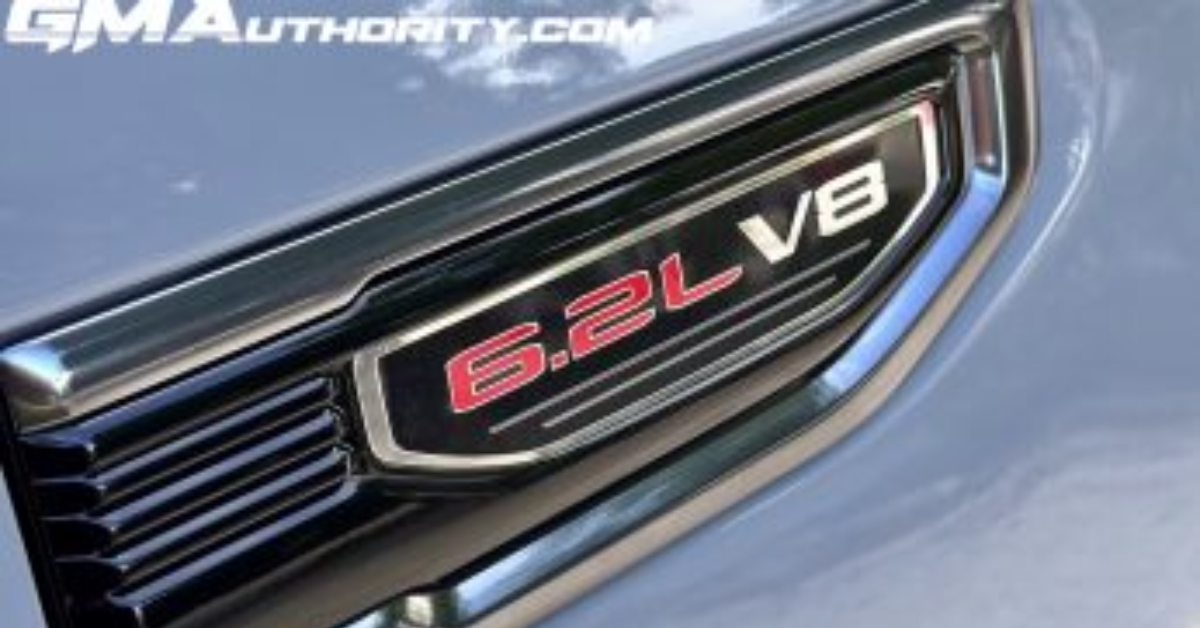The L87 V8 engine, known for its robust performance and reliability, is the heart of many popular GM vehicles, including the Chevrolet Silverado, GMC Sierra, and other high-capacity trucks and SUVs. Owners of these vehicles often explore different maintenance strategies to ensure optimal engine performance and longevity. One recent topic sparking debate among enthusiasts and mechanics alike is whether switching from the factory-recommended oil to 0W-40 is a smart move.
In this detailed guide, we’ll break down the reasoning behind this switch, potential advantages, drawbacks, and whether it’s right for your specific driving needs.
Understanding the L87 V8 Engine
The 6.2-liter L87 V8 is part of GM’s EcoTec3 engine family, featuring Dynamic Fuel Management (DFM) and advanced direct fuel injection technology. It’s designed for durability and efficiency while delivering strong horsepower and torque figures.
Factory oil recommendations typically lean toward 0W-20 synthetic oil, prioritizing fuel efficiency and cold-weather starting performance. However, with varying driving conditions, towing loads, and performance preferences, many owners consider moving to a heavier-grade oil like 0W-40 for better protection under high stress.
What is 0W-40 Oil?
The “0W-40” designation refers to the oil’s viscosity grade:
- 0W: The oil behaves like a zero-weight oil in extremely cold temperatures, making it ideal for cold starts.
- 40: At operating temperature, it maintains the viscosity of a 40-weight oil, offering a thicker protective film in high heat and stress conditions.
This makes 0W-40 an all-season synthetic oil that provides both excellent cold-start lubrication and stronger high-temperature protection compared to 0W-20 or 5W-30 oils.
Reasons Owners Consider Switching to 0W-40
- Better High-Temperature Protection
For owners who tow heavy loads, drive in extreme heat, or push the engine to its performance limits, 0W-40 offers more protection against heat-related wear. - Enhanced Lubrication Under Load
The thicker oil film at operating temperature can help reduce engine wear during high-load situations such as steep inclines or off-road driving. - Longer Oil Life
Synthetic 0W-40 oils generally maintain their protective qualities longer, making them a good option for extended drain intervals (if supported by your maintenance plan). - Track or Performance Driving
For those who occasionally use their L87 V8 for spirited driving or performance applications, the extra viscosity helps prevent oil breakdown.
Potential Drawbacks of Switching to 0W-40
- Possible Fuel Economy Reduction
Thicker oil can slightly reduce fuel efficiency because the engine works harder to circulate it. - Warranty Concerns
If your vehicle is under warranty, using a non-recommended oil viscosity may cause issues if engine damage occurs. Always check your owner’s manual and manufacturer guidelines. - Cold Climate Considerations
While 0W-40 is still good for cold starts, in extreme sub-zero climates, 0W-20 may still offer slightly better cold-crank performance.
GM’s Perspective on Oil Changes
GM has approved 0W-40 dexos2 synthetic oil for certain high-performance models like the Corvette and Camaro SS, which have similar V8 configurations. However, for most L87 applications, the default recommendation remains 0W-20 dexos1 Gen 3.
Some owners choose to run 0W-40 in summer and 0W-20 in winter to get the best of both worlds. This seasonal approach can provide the benefits of thicker protection in hot months without sacrificing cold-start performance in winter.
Best 0W-40 Oils for L87 V8 Engines
If you decide to switch, consider these top options that meet or exceed GM’s specifications:
- Mobil 1 0W-40 FS European Formula
- Pennzoil Platinum Euro 0W-40
- Castrol EDGE 0W-40 Advanced Full Synthetic
- Amsoil Signature Series 0W-40
Make sure the oil you choose meets dexos2 or equivalent standards for optimal compatibility.
Steps for Switching to 0W-40 Oil
- Check the Manual
Review your owner’s manual for oil requirements and verify if 0W-40 is permissible. - Drain and Replace Filter
Always replace the oil filter when switching viscosities to ensure no contamination from previous oil. - Monitor Engine Behavior
Pay attention to fuel economy, noise levels, and oil pressure readings after the change. - Stick to a Regular Schedule
Even with synthetic oil, follow proper change intervals—especially if towing or driving in harsh conditions.
The Verdict – Should You Switch?
If you use your L87 V8 engine for heavy towing, live in hot climates, or push your vehicle hard, switching to 0W-40 could offer tangible benefits in terms of wear protection and longevity. However, for everyday commuting and moderate driving, sticking with the manufacturer-recommended 0W-20 may be the better choice for efficiency and warranty compliance.
Ultimately, the decision should be based on your driving style, environment, and maintenance habits. If in doubt, consult with a trusted mechanic or GM service advisor before making the switch.



